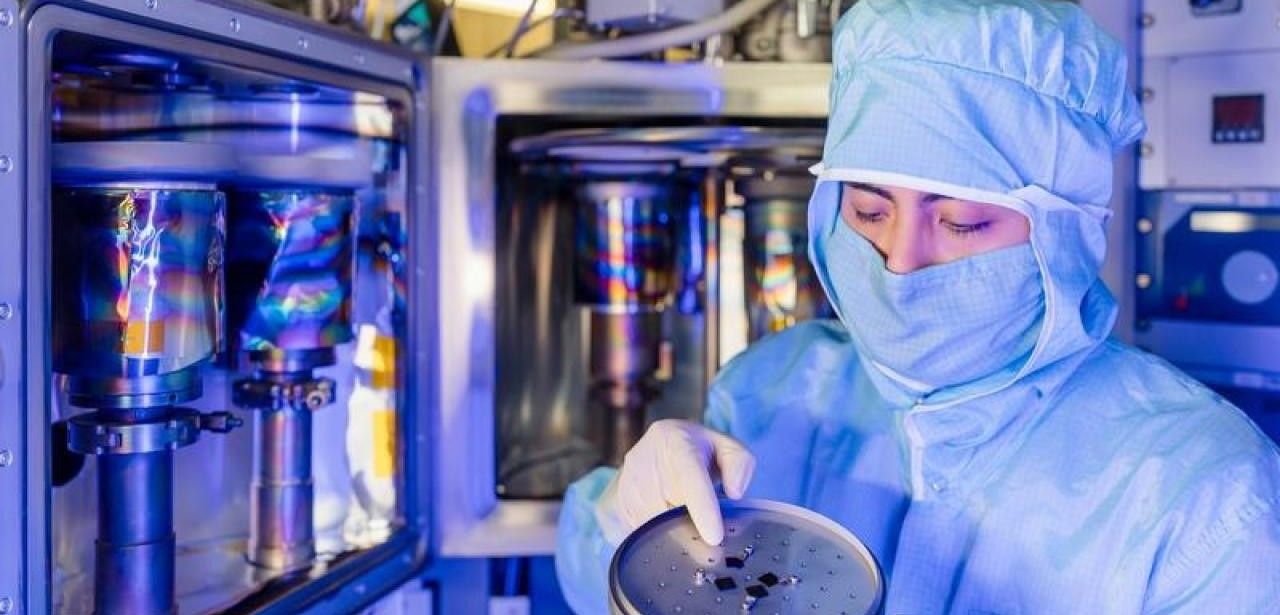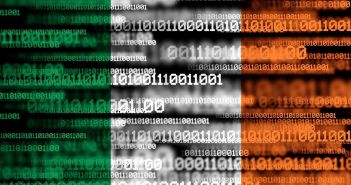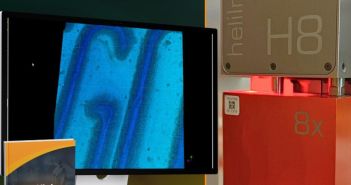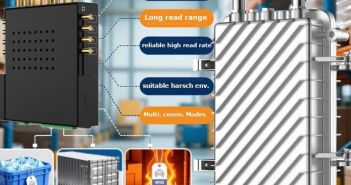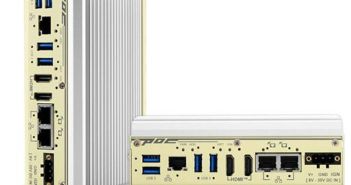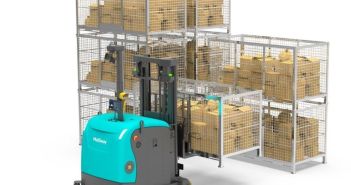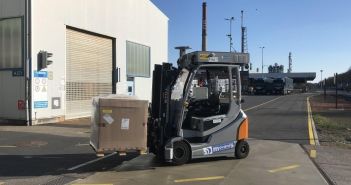The Technische Universität Ilmenau has initiated an ambitious research project that aims to explore the sustainability of high-efficiency energy materials. By utilizing such materials, the efficiency of solar cells can be significantly increased compared to conventional silicon solar cells. Simultaneously, the project strives to make the provision of renewable energy resource-efficient, environmentally friendly, and economically viable. The interdisciplinary team at TU Ilmenau closely collaborates with the Fraunhofer Institute for Solar Energy Systems ISE, and the project is supported by an industry advisory board. The “SustEnMat” project, funded by the Carl-Zeiss Foundation with nearly five million euros for five years, aims to achieve a more sustainable utilization of natural resources.
Table of Contents: What awaits you in this article
Sustainable Energy Materials: Reducing Toxic and Rare Elements
The SustEnMat project aims to reduce or even replace critical materials that are rare or toxic by increasing the use of aluminum and phosphorus. The focus is on optimizing semiconductor technologies for tandem and multi-junction solar cells to enable a more sustainable, environmentally friendly, and economically viable utilization of highly efficient solar energy. While traditional silicon solar cells have suboptimal properties, III-V compound semiconductors offer excellent characteristics for optoelectronic devices. These not only achieve high efficiency values in solar cells but also enable direct solar hydrogen generation and the conversion of carbon dioxide into solar fuels. However, the elements such as indium, gallium, and germanium present in these compound semiconductors are scarce, and the elements arsenic and antimony are toxic and pose health risks.
TU Ilmenau drives innovations for efficient renewable energy systems
The SustEnMat project at TU Ilmenau is driving innovations in the field of highly efficient photovoltaics, hydrogen production, and synthesis of chemical energy carriers. Its research aims to minimize the use of materials and energy in production, thereby enabling a more sustainable energy generation. By increasing the use of aluminum and phosphorus, rare and toxic materials can be reduced, leading to a more environmentally friendly circular economy. The interdisciplinary team at TU Ilmenau, comprising experts in energy materials, electrical engineering, theoretical physics, solid-state physics, sustainable production economics, logistics, and economic policy, is working to further develop semiconductor technology and maximize the efficiency of solar cells.
Carl-Zeiss Foundation Supports SustEnMat Project for Scientific Breakthroughs
The SustEnMat project, which aims to advance sustainable energy generation, is receiving support from the Carl-Zeiss Foundation. As one of Germany’s oldest and largest private foundations for scientific research, the foundation is dedicated to promoting scientific breakthroughs. By providing financial assistance, the foundation enables the realization of innovative research projects like SustEnMat, which contribute to progress in sustainable energy generation. The foundation’s support extends to both fundamental research and application-oriented research and education in the STEM fields.
TU Ilmenau’s SustEnMat Project Boosts Solar Cell Efficiency
The SustEnMat research project at the Ilmenau University of Technology presents promising approaches to increase the efficiency of solar cells through the use of sustainable materials. By reducing the presence of rare and toxic elements such as indium, gallium, and arsenic, not only is the ecological compatibility improved, but the utilization of renewable energy is also made more cost-effective. The interdisciplinary collaboration between Ilmenau University, the Fraunhofer Institute for Solar Energy Systems ISE, and the industrial advisory board enables the advancement of innovations in highly efficient photovoltaics, while minimizing material and energy consumption in production. With the support of the Carl Zeiss Foundation, the SustEnMat project continues to progress, contributing to the creation of a sustainable energy future.


